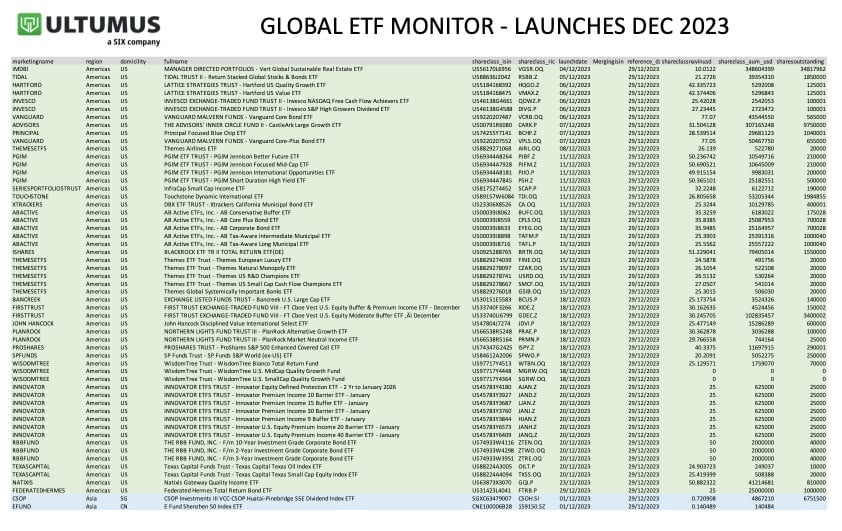21Shares doubles down on ethereum
Swiss crypto ETF specialist is rolling out two new Ethereum ETFs, which give new polish to this well-worn path.
-
- 21Shares Short Ethereum ETP (SHETH)
- 21Shares Ethereum Core ETP (CETH)
SHETH aims to give investors a way to bet against ether, the native token of the Ethereum network. It short sells ether daily, in an attempt to provide a -1x return for the trading day. 21Shares goes short by borrowing and shorting ether on a crypto exchange like FTX.
The product charges 2.50%.
CETH is the lowest cost Ethereum ETF in the world, charging just 0.21%. The low fee is achieved by lending out the ether it holds, and using the lending fees to offset product costs.
Bernie’s commentary – competitors' weaknesses
I assume 21Shares’ reason for launching a cheap-as-possible Ethereum ETF in the dead of crypto winter ( obviously the ethereum fork was a driver behind this as well) is to make life as hard as possible for its competitors.
For one, many of the crypto ETP providers are unprofitable. This makes them vulnerable in markets like today’s where easy money is hard to come by. Launching lower cost Ethereum ETFs can make them even more vulnerable still as their VC backers see the industry net average fees compressing.
But I'd also imagine these launches are about defending 21Shares’ core product, too. The 21Shares Ethereum ETP (AETH) is still one of the companies’ breadbaskets, with $180 million under management (and on a 1.5% fee). It’s always better to compete with yourself than with others. By being the first to launch a near-zero fee Ethereum ETF, 21Shares takes that gambit away from its competitors and makes the fee war on its own terms.
Beyond corporate strategy, I’m curious about how Ethereum lending works. The rental income you can make by lending out your Ethereum is very large, compared with stocks or bonds. Vanguard and iShares extensively lend out the shares and bonds held by their ETFs. Yet they make only tiny yields by doing so (sometimes as little as 0.04% a year), as the lending market is very competitive. I wonder why these yields are so much higher for crypto. And who is doing the borrowing, anyway? Binance’s guide doesn’t say.



